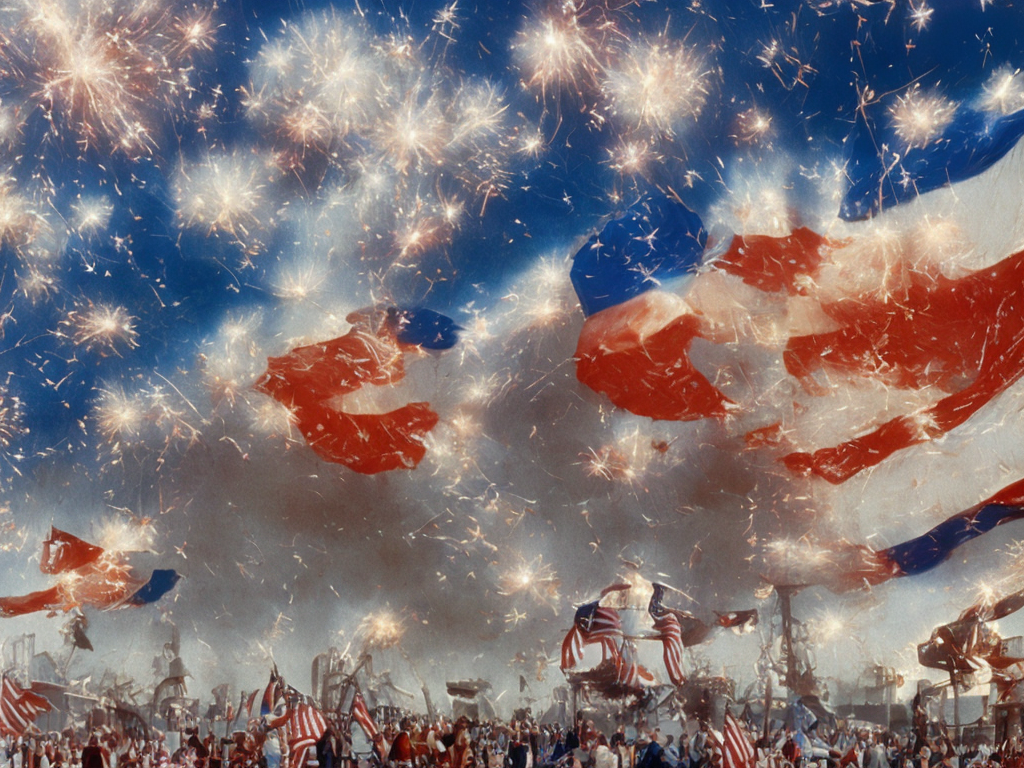
What is the Difference Between Independence Day and Republic Day?
India, a country known for its rich history and diverse culture, celebrates two significant national holidays: Independence Day and Republic Day. While both these days hold immense importance in the hearts of every Indian, they have different meanings and symbols associated with them. In this article, we will explore and discuss the difference between Independence Day and Republic Day in India.
Independence Day, celebrated on the 15th of August each year, marks the day when India gained freedom from the British colonial rule in 1947. It symbolizes the end of a long and arduous struggle for independence led by countless freedom fighters and revolutionaries. Independence Day is celebrated with great enthusiasm and patriotism throughout the country.
On this day, the Prime Minister of India unfurls the national flag at the Red Fort in Delhi, followed by a ceremonial speech addressing the nation. This flag hoisting ceremony is also witnessed in schools, colleges, and various other public institutions across the nation. The national anthem is sung, and cultural programs, parades, and flag-hoisting ceremonies are organized in different parts of the country.
Independence Day is a day of remembrance, a time to pay homage to the martyrs who sacrificed their lives for the freedom we enjoy today. It is also a day when people celebrate the achievements of the nation and express their patriotism through various cultural activities. The entire atmosphere is filled with the tricolour flag, patriotic songs, and the spirit of nationalism.
On the other hand, Republic Day, celebrated on the 26th of January every year, holds a different significance in the Indian democracy. Republic Day commemorates the day when the Constitution of India came into effect in 1950, marking the transition of India from a Dominion to a Republic. It is a celebration of the adoption of a new constitution that governs the world's largest democracy.
The main highlight of Republic Day is the grand parade held at Rajpath in the capital city, New Delhi. The President of India, who is the head of the state, hoists the national flag and takes the salute from the military and various cultural groups representing different states of India. The parade showcases the country's diversity, rich heritage, and military might.
The Republic Day parade also includes performances by school children, military bands, and exhibitions of the country's military equipment and weaponry. Floats depicting various cultural traditions, achievements, and social issues are displayed. The event is televised nationwide and is witnessed by millions of people, both in person and through television broadcasts.
Republic Day, being a celebration of India's democratic values and principles, focuses on the role and significance of the Constitution in shaping the nation. It is a day to remember the vision and sacrifices of the framers of the Indian Constitution. This day emphasizes the importance of upholding the democratic ideals of justice, liberty, equality, and fraternity.
While both Independence Day and Republic Day are national holidays that celebrate the essence of India's freedom struggle and its democratic values, they differ in their historical contexts and symbolism. Independence Day signifies the end of colonial rule and the birth of an independent nation, while Republic Day emphasizes the adoption of the Constitution and the establishment of a democratic republic.
Furthermore, the dates of these two national holidays have their own historical significance. Independence Day is celebrated on the 15th of August, which was the day chosen by the Indian National Congress to commemorate the "Quit India Movement" launched in 1942. On the other hand, Republic Day is celebrated on the 26th of January to honor the day when the Indian National Congress declared Purna Swaraj (complete independence) for India in 1930.
In conclusion, Independence Day and Republic Day in India are two significant national holidays that hold great importance in the hearts of every Indian citizen. While Independence Day marks the country's freedom from British colonial rule, Republic Day celebrates the adoption of the Constitution and the establishment of a democratic republic. These two days serve as reminders of India's rich history, culture, and the countless sacrifices made by the freedom fighters to achieve independence and establish a democratic nation.
 Self-Instruct
Self-Instruct